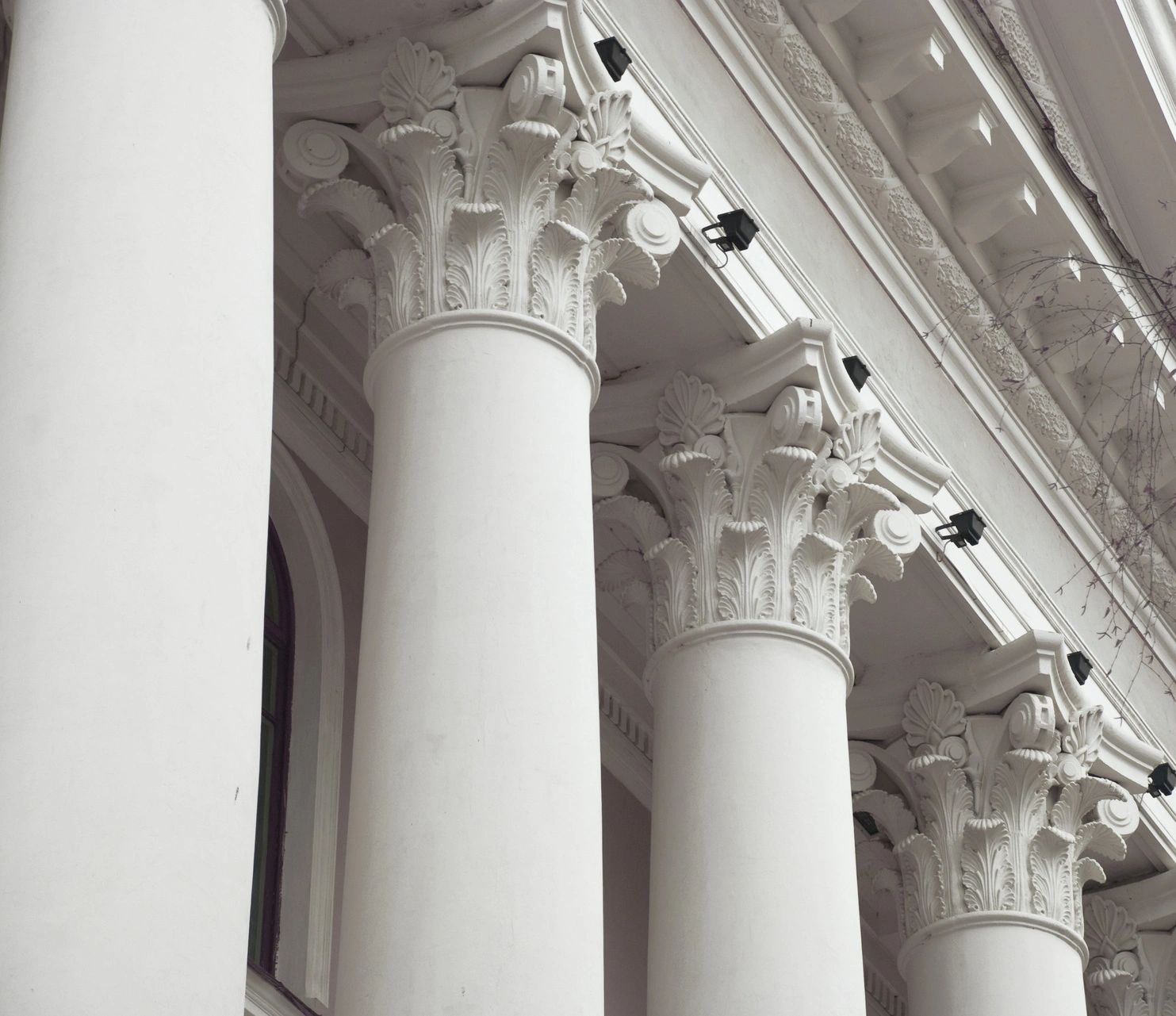First Nations, Inuit, and Red River Métis leaders united in Winnipeg on Tuesday morning to fortify their alliance against what they call Indigenous identity fraud, a practice they claim endangers their existence as distinct peoples.
The two-day summit, co-hosted by the Chiefs of Ontario (COO) and the Manitoba Métis Federation (MMF), began with strong denunciations and statements of solidarity at the Fort Garry Hotel in Manitoba’s capital.
David Chartrand, president of the MMF, declared in his opening remarks, “We will stand with you, we will fight with you, and we’ll defend with you your home — as we hope you defend ours.”
This summit aims to address the alleged widespread misappropriation of Indigenous identities, also referred to as ethnic fraud or race shifting. The meeting is expected to produce at least one resolution addressing this issue.
Delegates expressed that they are now in a new era where Indigenous identities are celebrated rather than persecuted, but they also noted an increasing trend of settlers claiming these identities for personal gain.
“It was not that long ago that Canada told us that being a First Nations person is a bad thing,” said Glen Hare, Ontario Regional Chief elected by the COO, which represents 133 First Nations in Ontario. “Now that the tables have turned, this identity theft is becoming more and more common. We are seeing politicians, bureaucrats, lawyers, academics, artists, and many others suddenly identifying as Indigenous, Algonquin, Métis, and Inuit — all to advance their careers and gain access to opportunities meant for Indigenous peoples.”
The event has sparked disappointment from some groups who were either excluded from the meeting or criticized during the proceedings.
The Métis Nation of Ontario (MNO), one of the four governing members of the Métis National Council (MNC) advocacy organization, finds itself in the crosshairs of the Chiefs of Ontario (COO) and Manitoba Métis Federation (MMF).
In a news release issued on Tuesday, the MNO highlighted the significance of the Supreme Court of Canada’s 2003 Powley decision, which unequivocally recognized Métis harvesting rights in and around Sault Ste. Marie, Ontario.
“Indigenous identity fraud is a grave concern demanding serious solutions. The MNO echoes the MMF’s and COO’s apprehensions regarding this issue,” the statement read.
“However, when Indigenous communities engage in internal discord and view self-determination as a win-lose scenario, it is Indigenous peoples who ultimately suffer. The only beneficiaries are colonial governments, who seize upon such divisions to further disregard our inherent rights while remaining passive observers.”
Expressing disappointment at their exclusion from the summit, the MNO cited President Margaret Froh’s unanswered request to address the delegates. Froh penned a letter to Chartrand on May 2, expressing the urgent need for inclusion in the summit, stating, “It has been far too long since we have spoken.”
While the Métis Nation is traditionally linked with the Prairies, Sault Ste. Marie sits within the upper Great Lakes region, several hundred kilometers to the east.
Chartrand and the Manitoba Métis Federation (MMF) severed ties with the Métis National Council (MNC) in 2021 due to the MNC’s 2017 recognition of six new historic Métis communities in Ontario, extending the Métis homeland to the Quebec border.
Chartrand noted that one of Louis Riel’s primary concerns was the potential inundation of the Métis not only by settlers from the east but also from within their own ranks.
“That’s precisely what’s occurring,” he emphasized to the audience.
Ontario chiefs similarly oppose the recognition of these communities, accusing the Métis Nation of Ontario (MNO) of appropriating First Nations’ heritage by claiming their ancestors as Métis.
They have launched an extensive lobbying effort against federal Bill C-53, which seeks to acknowledge the MNO, Métis Nation-Saskatchewan, and Otipemisiwak Métis Government (OMG) — formerly known as the Métis Nation of Alberta — as Indigenous governments. Métis Nation-Saskatchewan recently withdrew its support, dealing a significant blow to the bill.
A session on the Inuit identity dispute in Labrador is slated to kick off day two on Wednesday.



